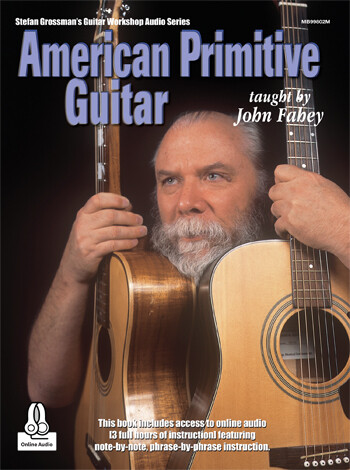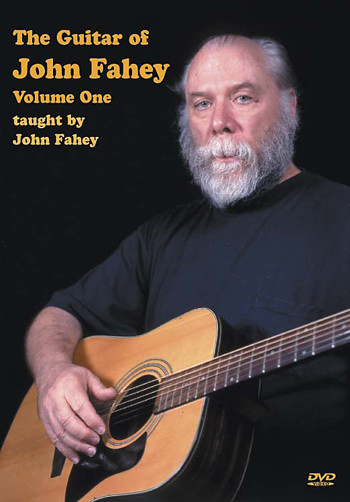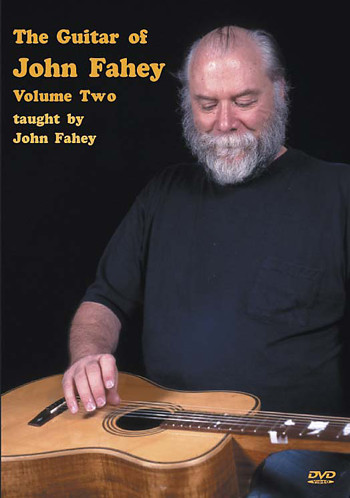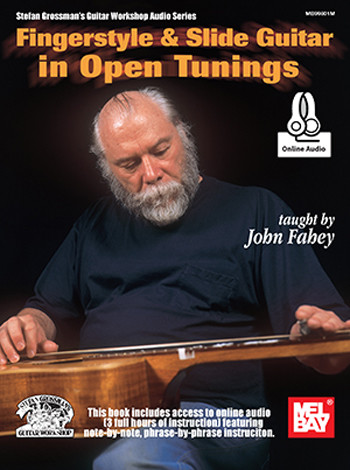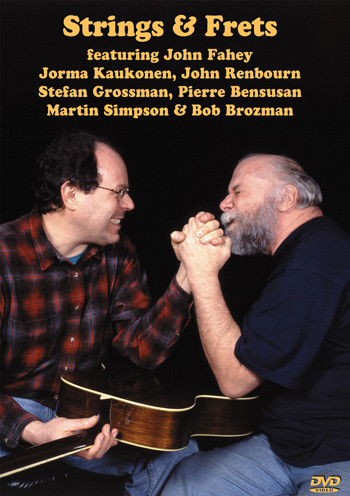
John Fahey
John Fahey was born into a musical household and spent his formative years in Tacoma, Maryland. His father working as a government official, both of his parents being fond of playing the piano. Musical tastes range from classical music to bluegrass. The teenage John Fahey developed a fascination for the guitar and is especially interested in the sounds and myths of classic country blues and bluegrass. He successfully works on a degree in philosophy and religion and heads out West in 1963 to continue his studies in California. At this time, examples of John Fahey’s original music for guitar have been put onto vinyl already. A couple of friends talk the reluctant (and gas-pumping) musician/academic into investing some small funds into the recording and pressing of just 100 copies of an album that was to gain legendary status in the years to come: BLIND JOE DEATH. On the surface the name of a long lost black bluesman, but in reality the first of Fahey’s many inventions and pseudonyms. BJD - an alter ego that was to re-surface time and again and a debut release that already featured some of Fahey’s one-of-a-kind prose. The almost grotesque „musicologist“ liner notes on the album’s cover provide a first taste of his many quasi-surrealistic writings to come. “Blind Joe Death“ establishes an almost allegorical connection from Fahey to the early practioners of black Southern country blues. At the same time the guitarist manages to found his own label “Takoma Records“, a company that over the years turns into a forum for up-and-coming players like Robbie Basho and Leo Kottke.
John Fahey’s life ended by kidney failure following multiple bypass surgery. Some obituaries appeared that recognize his trailblazing musical legacy as a pioneer of American guitar music, but to get to the bottom of his musical and spiritual cosmos remains an almost inconceivable task to this day. It’s a world that hasn’t lost any of its strange darkness and bewildering mystery, weird humor and intellectual richness. John Fahey has remained a mystery - both as a person and as an artist. His music still stands as an expression of intrepid individuality. Many successors like Michael Hedges, Leo Kottke, Alex De Grassi and William Ackerman have profited immensely from the groundbreaking work he did in the course of a career that lasted almost forty years.
